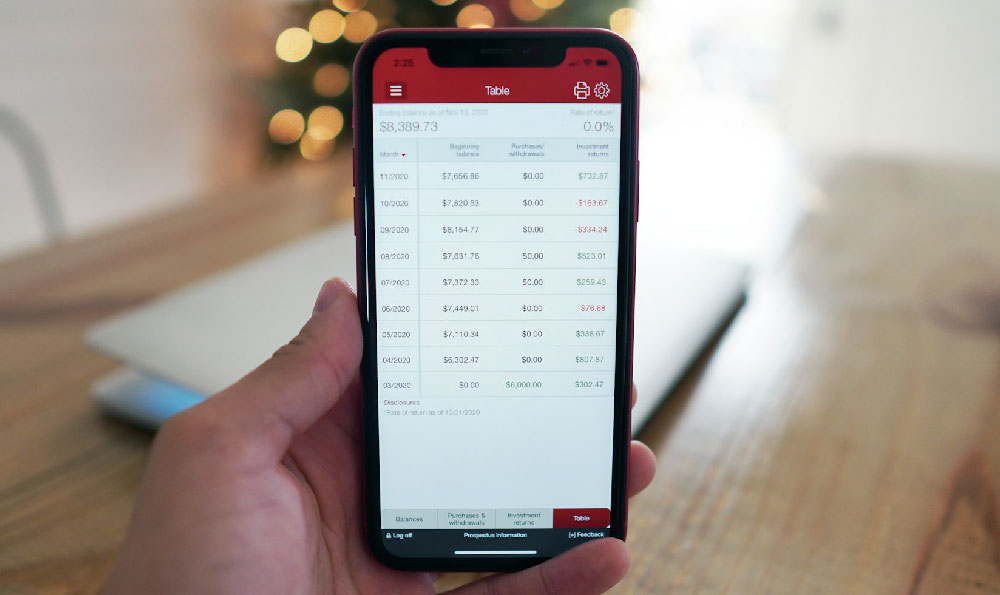
The question of whether part-time work can lead to unemployment benefits is a nuanced one, intricately woven into the fabric of state-specific unemployment laws and regulations. It's not a simple yes or no answer, but rather a conditional one, contingent upon several factors related to the individual's employment history, the reason for the job loss, and the specifics of the state's unemployment insurance system. Understanding these factors is crucial for both part-time employees and employers alike.
Let's delve into the scenario where a part-time worker loses their job. The core principle behind unemployment benefits is to provide temporary financial assistance to individuals who are unemployed through no fault of their own and are actively seeking new employment. If a part-time employee is laid off, meaning their employer eliminated their position due to downsizing, restructuring, or lack of work, they are generally eligible to apply for unemployment benefits, provided they meet the other eligibility requirements. These requirements typically include having worked a certain amount of time and earned a specific amount of wages during a base period, usually the first four of the last five completed calendar quarters before the claim is filed.
However, the amount of benefits a part-time worker receives may be less than that of a full-time employee, as benefits are usually calculated based on the individual's past earnings. The higher the earnings, the higher the potential benefit amount, up to a state-specific maximum. States also have minimum earnings requirements; if the part-time worker's earnings are too low during the base period, they may not qualify for any benefits at all.

Another scenario arises when a part-time employee quits their job. Generally, quitting a job disqualifies an individual from receiving unemployment benefits. This is because unemployment insurance is designed to help those who involuntarily lose their jobs, not those who voluntarily leave. However, there are exceptions. If the part-time employee quits due to a compelling reason attributable to the employer, such as unsafe working conditions, harassment, or a significant change in job duties without their consent, they may still be eligible for benefits. The burden of proof often rests on the employee to demonstrate that the quitting was justified and attributable to the employer's actions.
Now, consider the situation where a part-time employee experiences a reduction in hours. This is a more complex scenario. In many states, if a part-time employee's hours are significantly reduced to the point where their earnings are below a certain threshold, they may be eligible for partial unemployment benefits. This threshold varies by state, but it's generally designed to assist those who are still employed but experiencing a substantial decrease in income due to reduced work hours. The goal is to supplement their reduced earnings, helping them maintain their financial stability while they search for additional or alternative employment.
Furthermore, some states have provisions specifically addressing "constructive discharge." This occurs when an employer makes working conditions so intolerable that a reasonable person would feel compelled to resign. If a part-time employee can demonstrate that their employer created a hostile or unbearable work environment, leading them to quit, they may be able to claim unemployment benefits despite the voluntary resignation. The key here is proving that the employer's actions were the direct cause of the employee's decision to leave.
The definition of "suitable work" also plays a role. When receiving unemployment benefits, individuals are generally required to actively seek suitable work. What constitutes "suitable work" can depend on factors such as the individual's skills, experience, and prior earnings. A part-time worker receiving benefits may not be required to accept a full-time position if it's significantly different from their previous work or if it pays substantially less than their prior earnings. However, refusing suitable work offers can jeopardize their eligibility for continued benefits.
It's important to emphasize that unemployment laws are state-specific. Each state has its own set of rules, regulations, and eligibility criteria. Therefore, a part-time employee's eligibility for unemployment benefits will depend on the laws of the state in which they worked. Individuals seeking unemployment benefits should consult their state's unemployment agency for detailed information and guidance. These agencies typically have websites with comprehensive information, including eligibility requirements, application procedures, and appeal processes.
In conclusion, whether part-time work can lead to unemployment benefits depends on a variety of factors, including the reason for the job loss, the individual's earnings history, and the specifics of the state's unemployment laws. Layoffs, compelling reasons for quitting, and significant reductions in hours can all potentially qualify a part-time worker for benefits. However, voluntary resignation without a compelling reason attributable to the employer typically disqualifies an individual. Understanding the nuances of state-specific unemployment laws is crucial for both employees and employers to navigate this complex area of employment law. Seeking guidance from the state unemployment agency is always recommended to ensure accurate information and compliance with applicable regulations.





